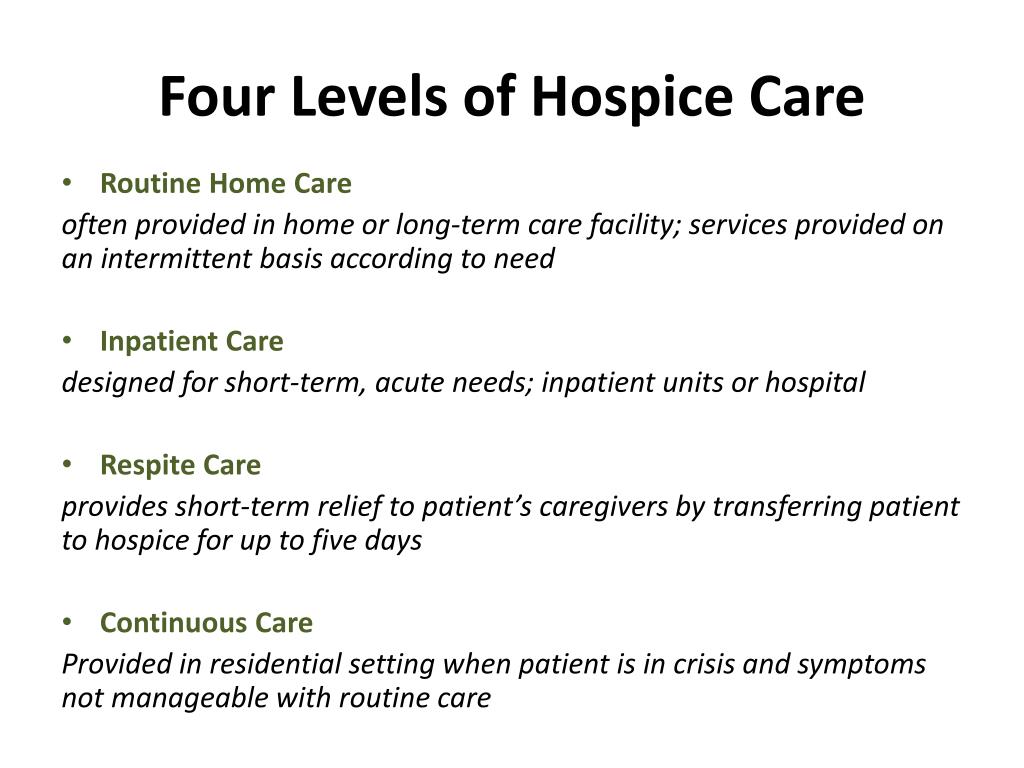
A career in health care is a rewarding one. It gives you the chance to make a difference in people's lives by helping them heal from difficult situations. Healthcare jobs offer a high salary and a lot of job satisfaction.
Why do I want to be here?
This question gives you a chance to impress your interviewer. Show them why this is the job for you. Answer the question with more than "I would like to work here as it's a nice environment." Your answer should be personal, for example mentioning something from your childhood.
Why do I want to be an nurse?
Nursing is one the most rewarding professions in the health care industry. This field is always changing and presents new challenges every day. It requires a commitment to patient-care. It offers a range of job opportunities ranging from entry-level jobs to leadership and management roles.

Nursing is a career that requires a high level of education, the ability to adapt to changes and benevolence. Nurses are able to work in a variety of settings such as hospitals, physician's offices, residential care homes, outpatient centers, clinics and clinics.
What makes the industry unique?
The healthcare sector has more room for growth than other industries. The healthcare industry is constantly developing new techniques, drugs, and treatments. The need for medical professionals with the necessary skills to assist patients and their loved ones is constant.
One of the few industries that is virtually recession-proof is healthcare. No matter what the economy is doing, there will always be someone who needs help and a good healthcare professional can help provide that assistance.
What are the benefits of working in healthcare?
Working in healthcare is a rewarding career because of the excellent working conditions and high salaries, as well as the opportunity to change lives. It also allows you to travel and is a great career for people who like to explore new places.

What skills do you need to be successful in this career?
People who are interested in the healthcare field must possess strong interpersonal and communication skills. The sensitive nature of this work often requires discussing topics such as poverty, health problems, drug abuse, and other social issues.
What are your goals for the next five years?
Your goals for the future can help determine the type of position that you should apply for. You can decide whether a particular healthcare profession is for you.
What are your strongest points?
It is important to have the ability to communicate effectively. You will be required to answer patients' questions and explain the treatment options. You will need to be organized, and you must know how to deal with paperwork.
FAQ
What are the different types of health insurance?
There are three main types of health insurance:
-
Private health insurance covers most of the costs associated with your medical treatment. This type insurance is often purchased directly by private companies. Therefore, you will pay monthly premiums.
-
While public insurance covers the majority cost of medical care there are restrictions and limitations. Public insurance doesn't cover everything.
-
The medical savings account (MSA) is used to help you save for future medical expenses. The funds are kept in a separate account. Most employers offer MSA program. These accounts are not subject to tax and accumulate interest at rates similar bank savings accounts.
What is a health system in public health?
The health system refers to all activities involved with providing medical services to a community. It includes service delivery and financing, regulation, education and training, as well information systems.
What role can I play in public healthcare?
Participating actively in prevention efforts can help ensure your health and the health safety of others. Public health can be improved by reporting injuries and illnesses to health professionals, so that they can prevent further cases.
How can I ensure my family has access quality health care?
Your state likely has a department of public health. This helps to ensure everyone has affordable health care. Some states also have programs to cover low-income families with children. To find out more about these programs, contact your state's Department of Health.
Who is responsible for public health?
All levels of government have a role in public health. Local governments oversee roads, schools parks, parks, and recreation centers. The laws and regulations governing food safety, workplace safety as well as consumer protection are enacted by both the national and state governments.
Statistics
- Consuming over 10 percent of [3] (en.wikipedia.org)
- For instance, Chinese hospital charges tend toward 50% for drugs, another major percentage for equipment, and a small percentage for healthcare professional fees. (en.wikipedia.org)
- The healthcare sector is one of the largest and most complex in the U.S. economy, accounting for 18% of gross domestic product (GDP) in 2020.1 (investopedia.com)
- The health share of the Gross domestic product (GDP) is expected to continue its upward trend, reaching 19.9 percent of GDP by 2025. (en.wikipedia.org)
- Price Increases, Aging Push Sector To 20 Percent Of Economy". (en.wikipedia.org)
External Links
How To
How to Find Home Care Facilities
Home care facilities provide assistance for people who require it. Home care facilities are available for elderly and disabled persons, as well as those with chronic diseases such Alzheimer's. These services include personal hygiene and meal preparation, laundry, cleaning as well as medication reminders and transportation. They often collaborate with rehabilitation specialists, social workers, and medical professionals.
Recommendations from family, friends, and local businesses or reviews online are the best ways to find a home-care service provider. After you've identified one or two providers you can start to ask about their qualifications, experience, and references. You should look for a provider that offers flexible hours so that they can accommodate your schedule. You should also check to see if they provide 24/7 emergency service.
It might be worth asking your doctor/nurse for referrals. If you don’t know where to begin, search online for “home health care” or “nursing home”. You could, for example, use websites such Angie's List HealthGrades or Yelp.
You may also call your local Area Agency on Aging (AAA) or Visiting Nurse Service Association (VNA) for additional information. These agencies will provide a list of local agencies that offer home care services.
A good agency for home care is vital as many agencies charge high prices. In fact, some agencies can charge up to 100% of an individual's monthly income. Avoid this problem by selecting an agency that has been highly reviewed by the Better Business Bureau. Ask for references of previous clients.
Some states even require home care agencies to register with the State Department of Social Services. Check with your local government office to see what agency registration requirements apply to you.
There are many things you need to remember when selecting a Home Care Agency:
-
Do not pay upfront for any services if you are being asked.
-
Choose a well-established, reputable company.
-
Get proof of insurance, especially if you're paying out of pocket.
-
Check that your state licenses the agency you are about to hire.
-
Request a written contract outlining all costs associated with hiring the agency.
-
Confirm that after discharge, the agency will provide follow-up visits.
-
Ask for a listing of certifications and credentials.
-
You should not sign anything without thoroughly reading it.
-
Take the time to read all fine print.
-
Check if the agency is bonded and insured.
-
Ask how long the agency is in operation.
-
Verify that your agency is licensed by the State Department of Social Welfare.
-
Find out if there are complaints against the agency.
-
Call the local government agency that regulates homecare agencies.
-
Ensure that the staff member answering the phone is qualified to answer questions about home care.
-
To ensure that you fully understand the tax implications of home care, consult your accountant or attorney.
-
Always get at least three bids for each home care agency you contact.
-
You can choose the lowest price, but not less than $30 an hour.
-
It is possible that you will need to visit more than one agency for home care each day.
-
Always read the contract carefully before signing it.